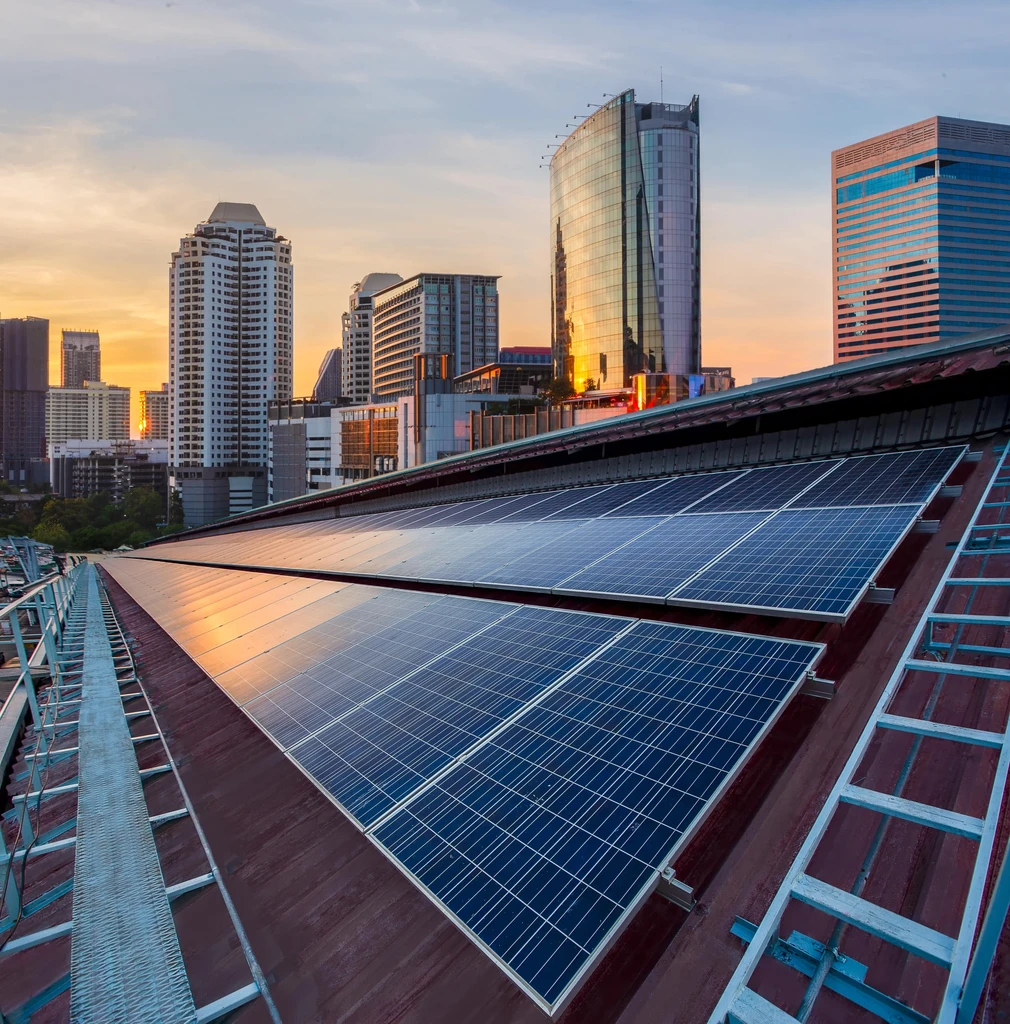ZERA has aligned itself with the global movement towards zero-carbon emissions, as advocated by the Paris Agreement. This groundbreaking agreement was established during the United Nations Climate Change Conference (COP21) in 2015.
The Paris Agreement aims to mitigate the effects of greenhouse gas emissions by setting limits and encouraging countries to transition to renewable energy sources. As Zimbabwe strives for a more sustainable future, solar power is emerging as a beacon of hope. With abundant sunshine throughout the year, the country has immense potential for harnessing solar energy, which has the potential to increase property values.
Impact of the Adoption of Solar Technology on Real Estate
Solar panel installations are transforming the current landscape, where sustainability and energy efficiency are key features in a residence. They not only provide a reliable and renewable energy source, but they also have a significant impact on the overall value of your property. ARE Solar is committed to harnessing the power of solar energy to reduce our carbon footprint and make clean energy more accessible to everyone.
Solar Power in Zimbabwe: Current State and Trends
Zimbabwe has made significant strides in embracing solar power, with a growing number of residential, commercial, and industrial installations. According to recent statistics, Zimbabwe's solar market has grown by over 50% in the past year, with a total installed capacity of over 100 MW. This trend is expected to continue, driven by government incentives, declining solar panel costs, and increasing awareness of the benefits of solar power.
Solar Power for Homes
Residential solar installations are on the rise in Zimbabwe, enabling homeowners to generate their own clean energy. Solar panels can be installed on rooftops, providing electricity for daily needs. This not only reduces reliance on the grid but also lowers energy bills. With solar power, homeowners can enjoy uninterrupted electricity supply, even during power outages.
Solar Power for Businesses
Commercial properties can also benefit from solar power. Offices, factories, and shopping centres can install solar panels to reduce their energy costs. This leads to increased savings, reduced carbon emissions, and a more sustainable business model. Solar power can also provide backup power during outages, ensuring business continuity.
Solar Power for Communities
Solar energy can also be used to power entire communities. Mini-grids and solar-powered water pumps can provide electricity and clean water for rural areas. This improves the quality of life, enables economic development, and promotes sustainable living.
Benefits of Solar-Powered Properties
- Reduced carbon emissions and environmental impact
- Lower energy bills and increased savings
- Uninterrupted electricity supply during power outages
- Increased property value and appeal
- Contribution to a sustainable future for Zimbabwe
Case Study: Nyanga Solar Farm
The Nyanga Solar Farm, located in eastern Zimbabwe, is a 25 MW solar power plant that has been generating clean energy since 2020. This project has not only reduced carbon emissions but also created jobs and stimulated local economic growth. The success of this project demonstrates the potential of solar power to transform Zimbabwe's energy landscape.
By embracing solar energy, we can reduce our reliance on fossil fuels, mitigate climate change, and create a cleaner, greener future. Whether for homes, businesses, or communities, solar power offers a viable solution for a sustainable tomorrow. Let's harness the power of the sun and build a brighter future for Zimbabwe!
 Continue with Facebook
Continue with Facebook
 Continue with Email
Continue with Email














